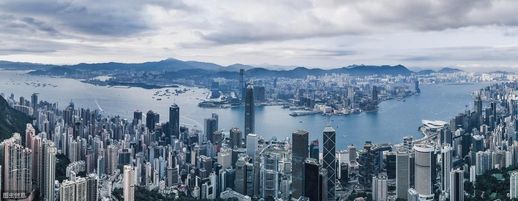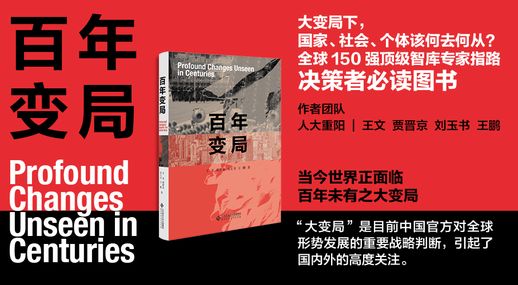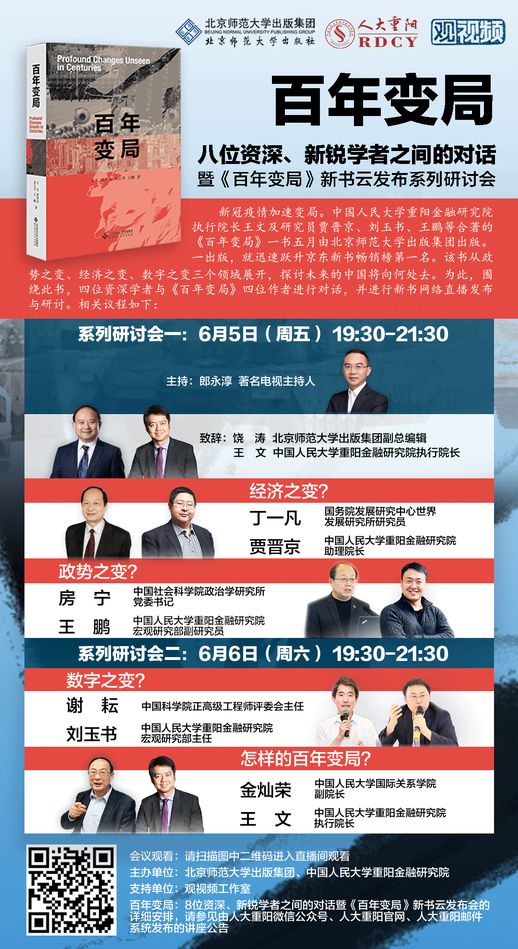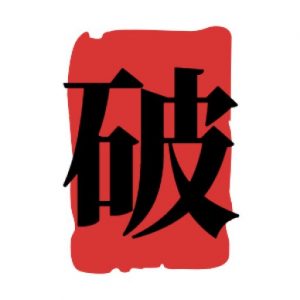uk是什么意思啊 电子uk是什么意思啊
编者按:
今日俄罗斯电视台(RT)在5月28日的现场直播中,专访了中国人民大学重阳金融研究院执行院长王文。这次采访围绕香港国安法等热点话题展开。该节目的发布成为了海外为数不多的站在中国立场上发声的声音之一。以下是人大重阳研究院整理的中英文问答:
《今日俄罗斯》主持人:
欢迎您来到我们的节目,中国人民大学重阳金融研究院的王文教授。我们很高兴能与您交流。现有许多香港人担心中国制定《香港特区维护国家安全法》是为了削弱香港的基本自由。您怎么看待这个问题?
王文:
我认为
大国都有各自的国家安全法。美国有,英国有,法国也有,中国自然也应当有国家安全立法。
香港作为中国的一部分,实施香港国家安全法正是这种立法的体现。这是对《香港基本法》的补充,完全在“一国两制”框架下进行的,不会影响香港的自由。当前一些香港人其实并非单纯担心自由问题,而是不认可中国的制度和对香港立法的权力。这就是现在的基本情况。

主持人:
从法律角度来看,中央政府是否有权在香港推行这一法律?
王文:
当然有权。这个问题其实非常有趣。
别忘了香港的全名是“香港特别行政区”,这就意味着香港首先是中国的一个行政区,其特殊性是在此基础上的。
如您所提,香港在1997年之前是英国的殖民地,之后成为中国的特别行政区。中国有权维护国家安全。香港特别行政区关于国家安全的立法问题,完全是中国内政,不应受到任何外国干涉。
主持人:
一些批评者担心这项法律会被用来定罪抗议活动,尤其是去年在香港的抗议活动。您觉得这种担忧是否有根据?
王文:
正如我之前提到的,香港约有三分之一的居民在20世纪60年代从大陆移居香港,他们不喜欢中国的制度。不论中央政府采取何种行动,他们都可能持反对意见。
我相信香港的法律不会影响他们的自由,但如果他们像外国敌对势力一样威胁国家安全,就必须受到法律的制裁。
主持人:
特朗普总统已经表示将对这项立法做出强烈回应。美国与香港国安法之间有何关联?这是否算作外国干涉?
王文:
作为中国学者,我认为
特朗普政府的行为是非常愚蠢的,典型的干涉他国内政,是对中国法律和主权的挑衅。
试想一下,如果其他国家对夏威夷的立法提出干涉,白宫会有什么反应?因此
我建议美国人不要做这种无谓的干涉,也劝一些香港人不要对美国抱有过高的期望。
实际上,从中东和北非的经验来看,美国的干预往往带来更多的混乱。
主持人:
在新冠肺炎疫情影响下,中美关系迅速恶化。您认为香港是否可能成为中美冲突的一个战场?
王文:
香港会成为中美博弈的一个舆论焦点,但不会像阿富汗那样成为实际战场。
香港人是聪明的,他们有能力解决这些问题。中国也有能力在国内维护香港的安全和稳定。
主持人:
感谢王文教授,感谢您抽出宝贵时间参与我们的节目。

王文院长即将发布新书《百年变局》
以下为采访英文版
Host:
Welcome to the program. We have Wang Wen, professor and executive dean of Chongyang Institute for Financial Studies at Renmin University of China. It's a pleasure to have you. Many Hong Kong residents believe that Beijing’s national security legislation aims to strip away their basic freedoms. What are your thoughts on this?
Wang Wen:
I think that
every major country has its own national security law, including the United States, Britain, and France. Therefore, it is only logical that China has one too.
Hong Kong, being part of China, naturally falls under this framework. This national security law is a supplement to the Hong Kong Basic Law within the "One Country, Two Systems" principle and will not affect Hong Kong's freedoms. The real issue is that some people in Hong Kong oppose Chinese governance and its legislative power over Hong Kong. This is the core of the matter.
Host:
From a legal perspective, does Beijing have the authority to implement this law in Hong Kong?
Wang Wen:
Absolutely. This is quite an intriguing question.
Remember that Hong Kong's full name is Hong Kong SAR, which signifies that it is a special administrative region of China, first and foremost.
Before 1997, Hong Kong was a British colony. After 1997, it became a special administrative region of China. Hence, China holds the authority to ensure national security. Legislative matters concerning national security in Hong Kong SAR are purely internal affairs of China and should not be subject to foreign interference.
Host:
Critics argue that if this law is enforced, it could be used to criminalize protests like those seen in Hong Kong over the past year. Is this concern justified?
Wang Wen:
As I mentioned earlier, about a third of Hong Kong's residents came from the mainland in the 1960s and have never accepted the Chinese system.
Hong Kong’s laws will not undermine their freedoms. However, if they act as hostile forces against national security, they must face legal consequences.
Host:
President Trump has vowed to strongly respond to this legislation. What is the relationship between the US and the Hong Kong national security law? Does this count as foreign interference?
Wang Wen:
As a Chinese scholar, I believe that
Trump's interference is foolish and a blatant challenge to China's laws and sovereignty.
Imagine if another country tried to interfere with legislative matters in Hawaii—how would the White House react?
I advise Americans against such actions and suggest that some Hong Kong residents reconsider their hopes in the US.
History shows that increased US intervention often leads to greater chaos.
Host:
Given the downturn in US-China relations due to the COVID-19 pandemic, do you think Hong Kong might become a battleground for US-China conflict?
Wang Wen:
Hong Kong will be a focal point for US-China rhetoric, but it will not turn into a battleground like Afghanistan.
Hong Kong people are capable of addressing these issues, and China can protect and maintain stability in Hong Kong.
Host:
Thank you, Professor Wang Wen, for your valuable time.

Professor Wang Wen will soon release his new book, "The Changing Century."

